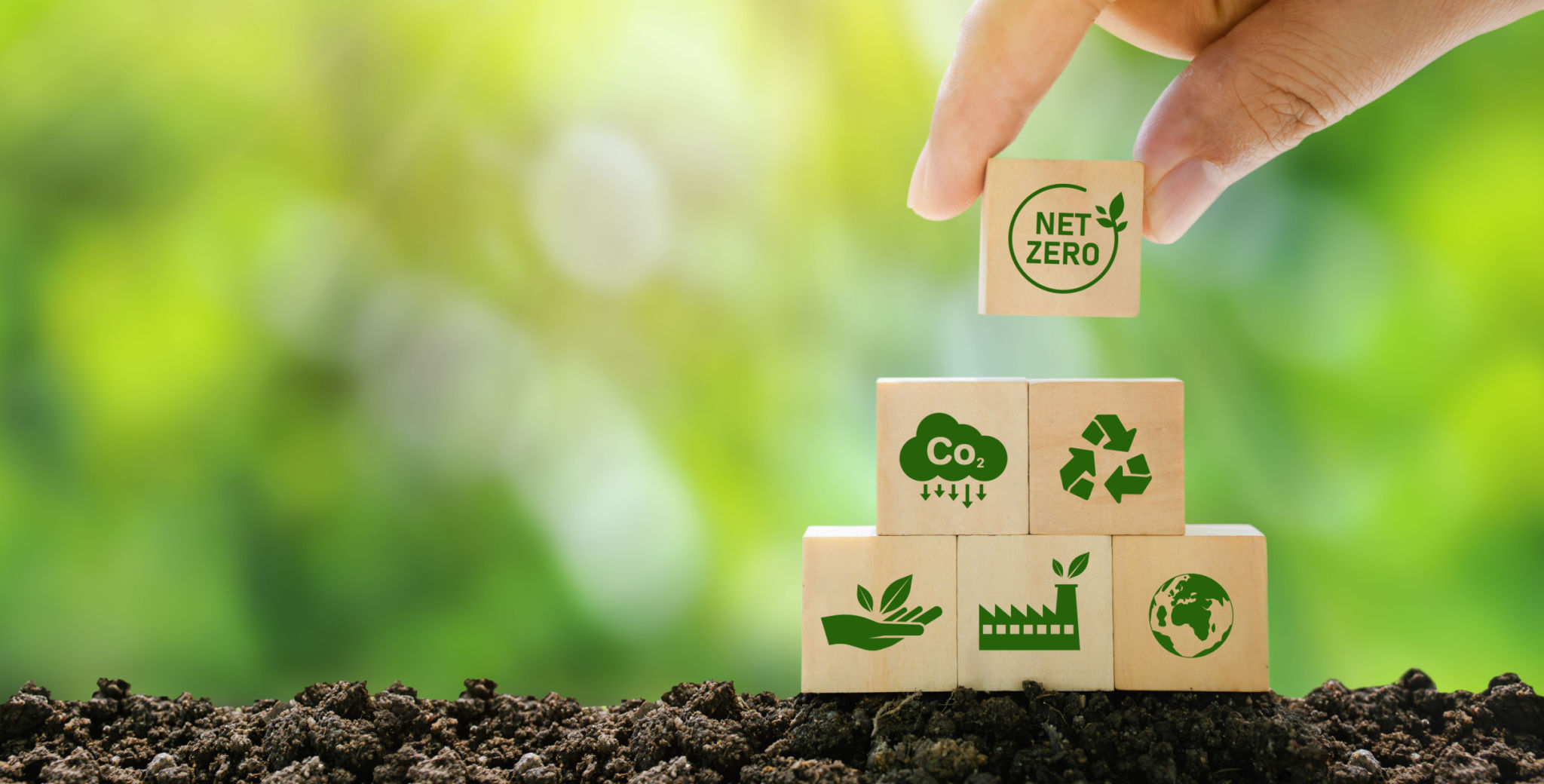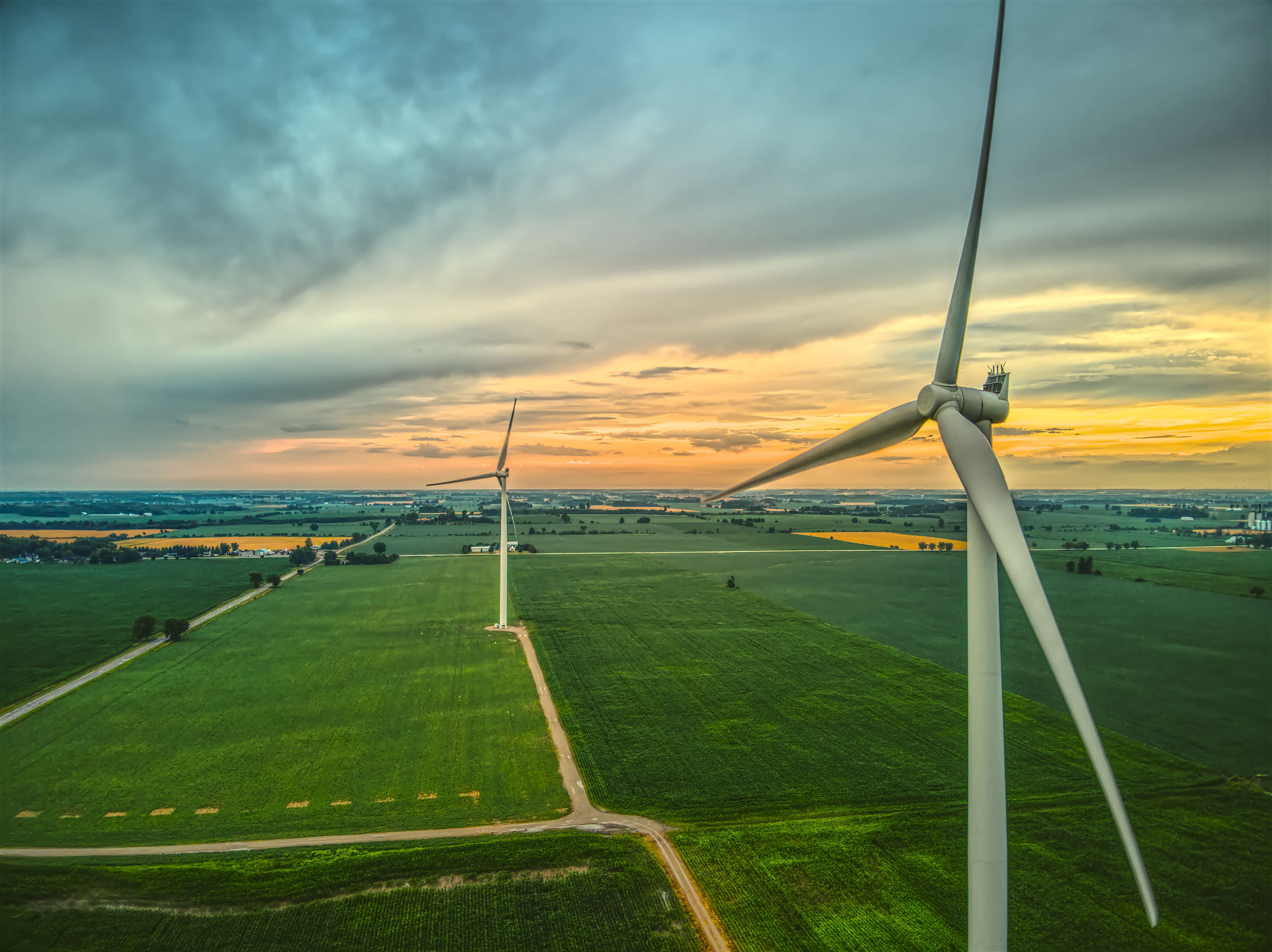The Role of Sustainable Economics in Combating Climate Change
Understanding Sustainable Economics
As the world grapples with the pressing challenge of climate change, sustainable economics emerges as a critical tool in the global effort to address environmental concerns. This economic approach focuses on balancing economic growth with environmental stewardship, aiming to meet present needs without compromising future generations' ability to meet their own. By integrating environmental considerations into economic decision-making, sustainable economics seeks to minimize ecological footprints while promoting social equity and economic resilience.

Sustainable economics is not just a theoretical concept but a practical framework that guides policy-making and business strategies. It emphasizes the importance of renewable resources, energy efficiency, and waste reduction. By adopting sustainable practices, businesses can reduce their carbon footprint, contribute to environmental preservation, and often achieve cost savings. This paradigm shift is crucial for combating climate change, as it encourages a transition from fossil fuels to renewable energy sources.
The Economic Benefits of Sustainability
While the primary goal of sustainable economics is to protect the environment, it also offers significant economic benefits. Companies that embrace sustainability often experience enhanced brand reputation and customer loyalty. Consumers are increasingly favoring brands that demonstrate a commitment to environmental responsibility. This shift in consumer behavior creates new market opportunities and can lead to increased profitability for sustainable businesses.
Moreover, sustainable economics can drive job creation in emerging industries such as renewable energy, sustainable agriculture, and green manufacturing. These sectors are expanding rapidly, providing employment opportunities and contributing to economic growth. By investing in clean technologies and sustainable infrastructure, governments can stimulate economic development while reducing greenhouse gas emissions.

Policy and Regulation for Sustainable Economics
Governments play a pivotal role in advancing sustainable economics through policy and regulation. Implementing carbon pricing mechanisms, such as carbon taxes or cap-and-trade systems, creates financial incentives for reducing emissions. These policies encourage businesses to innovate and adopt cleaner technologies. Additionally, subsidies and tax incentives for renewable energy projects can accelerate the transition to a low-carbon economy.
International cooperation is also essential for promoting sustainable economics on a global scale. Multilateral agreements like the Paris Agreement underscore the importance of collective action in addressing climate change. By setting ambitious emissions reduction targets and supporting developing countries in their sustainability efforts, the international community can achieve meaningful progress.

The Role of Technology and Innovation
Technology and innovation are at the heart of sustainable economics. Advances in clean technology, such as solar panels, wind turbines, and electric vehicles, have made renewable energy more accessible and affordable. These innovations are crucial for reducing reliance on fossil fuels and lowering carbon emissions. Furthermore, digital technologies like smart grids and energy-efficient systems optimize energy use and enhance resource management.
Research and development are key drivers of technological progress in sustainability. By investing in R&D, businesses and governments can discover new solutions to environmental challenges and improve existing technologies. Collaboration between academia, industry, and government is vital for fostering innovation and accelerating the adoption of sustainable practices.
Challenges and Opportunities
Despite the potential of sustainable economics, several challenges remain. Transitioning to a sustainable economy requires substantial investment and infrastructure development. Resistance from established industries and political inertia can impede progress. Additionally, ensuring that sustainability efforts are inclusive and equitable is critical for avoiding social disparities.
However, these challenges also present opportunities for growth and innovation. By addressing these obstacles, societies can build more resilient economies capable of withstanding environmental shocks. As awareness of climate change grows, there is increasing momentum for transformative change across sectors.

The Path Forward
Sustainable economics offers a promising pathway for combating climate change while fostering economic prosperity. By integrating environmental considerations into economic policies and practices, societies can create a more sustainable future. Collaboration among governments, businesses, and individuals is essential for driving this transformation.
Ultimately, achieving sustainability requires a collective commitment to redefine success in terms of ecological balance and social well-being. As we continue on this journey, it is crucial to remain focused on long-term goals and embrace the opportunities that sustainable economics presents for building a better world.